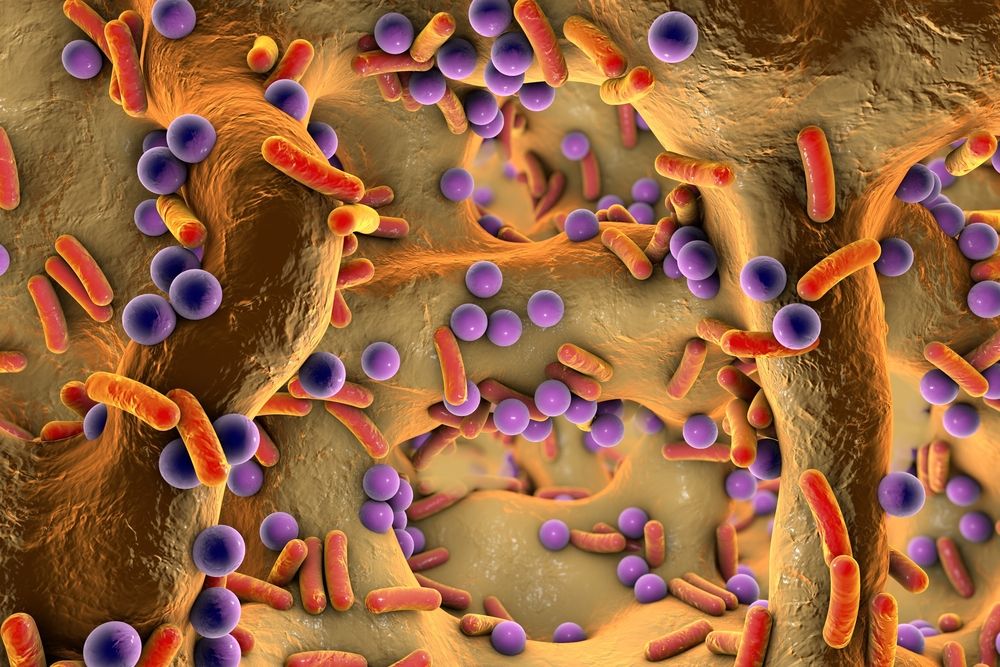A study from the UNC School of Medicine showed that the protein NLRP12, known for its anti-inflammatory effects, also protects mice on a high-fat diet against obesity and insulin resistance; it might have a similar effect in humans [1].
Study abstract
In addition to high-fat diet (HFD) and inactivity, inflammation and microbiota composition contribute to obesity. Inhibitory immune receptors, such as NLRP12, dampen inflammation and are important for resolving inflammation, but their role in obesity is unknown. We show that obesity in humans correlates with reduced expression of adipose tissue NLRP12. Similarly, Nlrp12/ mice show increased weight gain, adipose deposition, blood glucose, NF-kB/ MAPK activation, and M1-macrophage polarization. Additionally, NLRP12 is required to mitigate HFD-induced inflammasome activation. Co-housing with wild-type animals, antibiotic treatment, or germ-free condition was sufficient to restrain inflammation, obesity, and insulin tolerance in Nlrp12/ mice, implicating the microbiota. HFD-fed Nlrp12/ mice display dysbiosis marked by increased obesity-associated Erysipelotrichaceae, but reduced Lachnospiraceae family and the associated enzymes required for short-chain fatty acid (SCFA) synthesis.









Comments are closed.